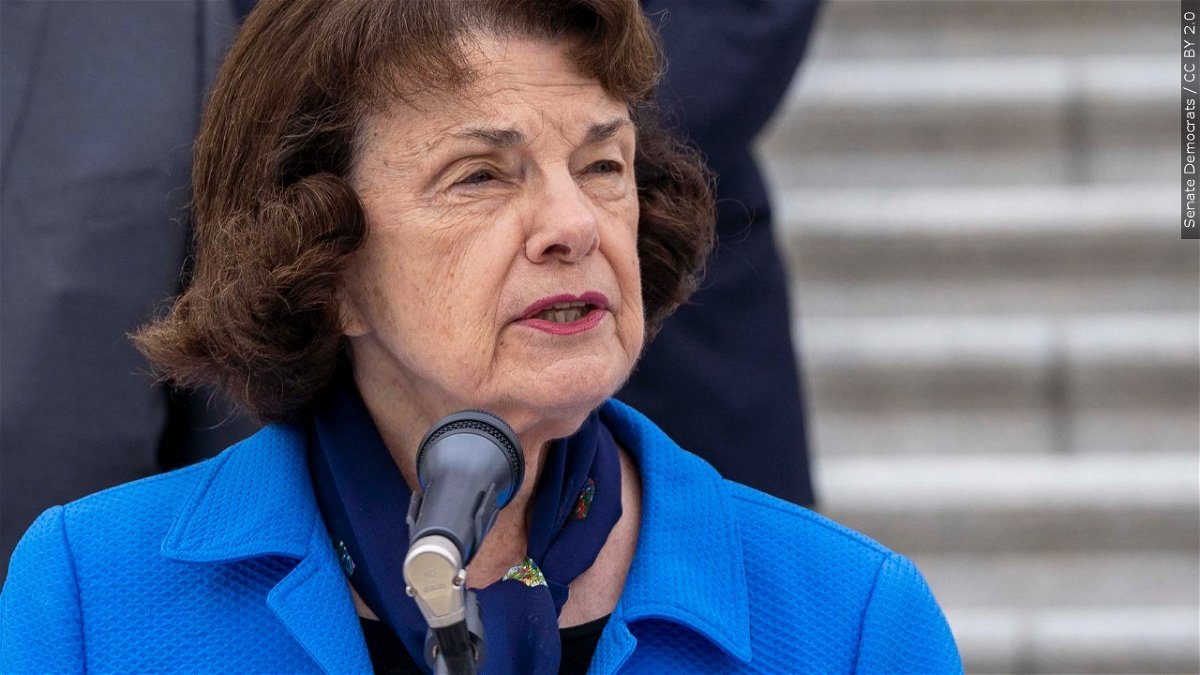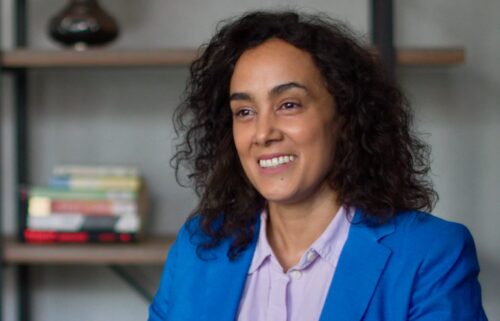California Sen. Feinstein says she won’t run for reelection

LOS ANGELES (AP) — Democratic Sen. Dianne Feinstein announced Tuesday that she will not seek reelection in 2024, signaling the end of a groundbreaking political career spanning six decades in which she shattered gender barriers and left a mark on political battles over reproductive rights, gun control and environmental protection.
Feinstein, first elected in 1992, said in a statement that she intended to remain in Congress through the end of her term.
“Even with a divided Congress, we can still pass bills that will improve lives. Each of us was sent here to solve problems. That’s what I’ve done for the last 30 years, and that’s what I plan to do for the next two years,” she said.
The announcement was widely expected. Feinstein, who turns 90 in June, is the oldest member of Congress. In recent years, questions have been raised about her cognitive health and memory, though she has defended her effectiveness representing a state that is home to nearly 40 million people.
Anticipating her departure, a field of candidates had already begun assembling for what is expected to be a fierce campaign to replace Feinstein in the heavily Democratic state. Among the candidates so far is Democratic U.S. Rep. Katie Porter, a prominent member of the party’s progressive wing who announced her bid in January, and Democratic U.S. Rep. Adam Schiff, who has been campaigning around the state.
Senate Majority Leader Chuck Schumer announced Feinstein’s decision during a closed door lunch of Democratic senators at the Capitol. The senators broke into rounds of applause.
Feinstein told her colleagues how hard her husband’s death was and that she was ready to step away from public life after finishing this term, Sen. Elizabeth Warren, D-Mass., said afterward. Her husband, Richard Blum, died last year.
“Senator Feinstein made history,” said Warren.
“She changed this country and she was a woman on the front lines in fights, like access to assault weapons, and national security and intelligence.”
Warren said: “Every other woman in public office owes a special debt to Dianne Feinstein.”
Feinstein’s career was marked by triumph and tragedy, and she set a long line of historical markers.
Feinstein was the first woman to serve as president of the San Francisco Board of Supervisors in the 1970s, the first female mayor of San Francisco and the first woman elected to the U.S. Senate from California. She was the first woman to head the Senate Intelligence Committee and the first woman to serve as the Judiciary Committee’s top Democrat.
She ascended to the San Francisco mayoralty after the November 1978 assassinations of then-Mayor George Moscone and City Supervisor Harvey Milk by a former supervisor, Dan White. Feinstein found Milk’s body.
Feinstein was first elected to the Senate in 1992 in the “Year of the Woman,” in which a group of newly elected female senators changed the face of the chamber.
During her three decades in the Senate, she was a pragmatic centrist who was known for reaching out to Republicans to find middle ground. But in more recent years her moderation chafed with a state party growing increasingly liberal.
In her last campaign in 2018, the California Democratic Party endorsed a liberal rival for the seat over her, with some delegates complaining Feinstein had been in Washington too long and hadn’t stood strong enough for immigrants.
Feinstein was not always embraced by the feminist movement, but her experiences shaped her outlook through decades in public life.
“I recognize that women have had to fight for everything they have gotten, every right,” she told The Associated Press in 2005.
Feinstein was long known for a keen mind and a razor-sharp tongue, dispensing verbal zingers when challenged on the issues about which she was passionate. But in recent years, she sometimes appeared confused when asked questions about signature issues, and she infuriated liberals when she closed out confirmation hearings for Justice Amy Coney Barrett with an embrace of Senate Judiciary Committee Chair Lindsey Graham, a Republican, and a public thanks to him for a job well done.
Liberal advocacy groups that had fiercely opposed Barrett’s nomination to replace the late liberal icon Justice Ruth Bader Ginsburg were furious and called for her to step down from the committee leadership. A month later, she announced she would remain on the Judiciary Committee but step down as the top Democrat.
Feinstein has long been associated with efforts to broaden gun restrictions. Early in her career, the Senate approved her amendment to ban manufacturing and sales of certain types of assault weapons as part of a crime bill that President Bill Clinton signed into law in 1994. The ban expired 10 years later and was never replaced, but it remained a trademark issue in a career that was molded by gun violence.
___
Associated Press writer Lisa Mascaro in Washington contributed.



